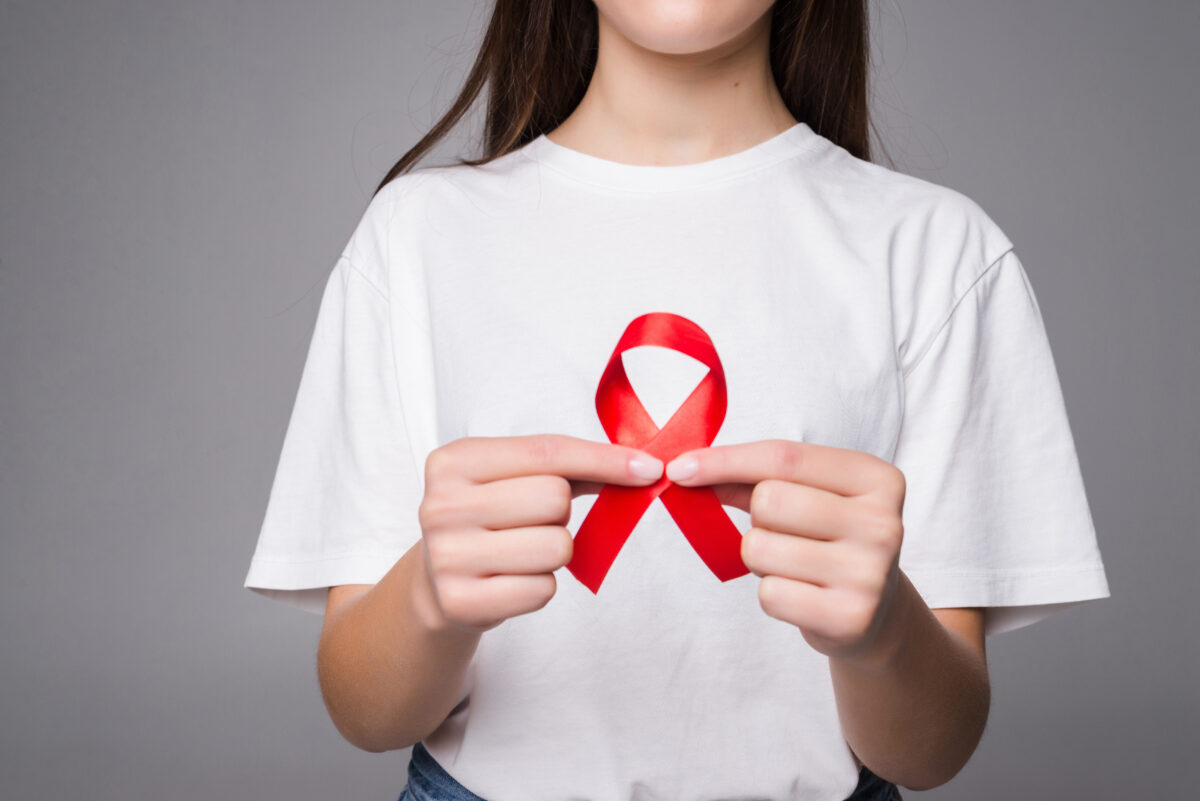In 2021, 120 persons newly infected with HIV were registered in Serbia. As in previous years, the largest number of those comes from the MSM population (98% of all those tested).
During the spring of 2022, the news about 20 people suffering from AIDS was shared among young people in Zaječar. Week after week, the news continued to spread like gossip that the number eventually reached 250 AIDS patients, without any corroborating information. The mentioned figure of 250 people represents a number of 100% more infected than the number of infected in the entire country of Serbia on an annual level of 7 million inhabitants, and that in just one city of 40,000 residents. In 2021, 2 HIV-positive people were registered in Zaječar, and the number of 250 would potentially bring Zaječar to the position of a hotspot in Serbia when it comes to HIV-infected people.
TOC* organization wanted to prevent the spread of gossip by publishing educational carousel posts on social media about what HIV is, what AIDS is, what the difference is, how someone can get HIV and how to protect themselves from HIV infection etc. At the end of August and the beginning of September, information began to be shared on social networks, within which the targeting of certain female persons as persons infected with HIV and “sharing AIDS” began. Their names and surnames, as well as photos, began to be shared on social networks, and then the news reached the tabloids. At that moment, the TOC team realized that it was not possible to react only with educational announcements through gossip and targeting, there was also a violation of human rights.
On September 8, the TOC team first contacted a lawyer, and then on September 9, it published a statement in which it invited all injured/targeted persons to contact the TOC team to connect them with the legal team and to initiate a lawsuit for defamation and the honor of the girls who were targeted without any basis or evidence, i.e., lawsuits for a committed criminal offense presenting personal and family circumstances from Article 172, Paragraph 3. In connection with Paragraphs 1 and 2 of the Criminal Code. Also, a compensation claim was filed with the court, in which the injured girls sought compensation for non-material damages for the mental pain they suffered due to the injury to their honor and reputation.
After gathering power of attorney and evidence, and several meetings with a lawyer, on November 16, a lawsuit was filed with the Basic Court in Zaječar. The procedure is currently ongoing, and we will write about its outcome when it comes to an end.
The TOC team believes that it was necessary to react primarily to prevent the unfounded targeting of young people and damage to their reputation and honor, but also to prevent the further spread of false information about the ways of contracting HIV, above all to divert attention to the problem of discrimination faced by HIV-positive people in Serbia, not only by society but also by institutions that should primarily protect the rights of citizens as well.
TOC hopes that the positive outcome of this story will encourage others not to remain silent about the problems they face in terms of human rights violations, and TOC, in cooperation with its partners, will, if necessary, provide all the necessary support to people who believe they have suffered some form of discrimination or human rights violations.
*Timok Youth Center – TOC is a nonpolitical, nonprofit, nongovernmental – civil society organization, set up for an indefinite time to achieve its mission to actively work on the increase of the development of civil society in Serbia, with a special focus on youth.
TOC is founded in 2004 as an organization that deals with the issues of youth policies, development, and support of youth initiatives, encouragement, and guidance of active youth participation in their local communities, as well as the affirmation of healthy lifestyles among young people. The organization has become recognized as a leading organization in the field of activities of local and regional youth coalitions. It is known as a leader in youth policy and support to civil society organizations, non-formal groups, and volunteers.
Also read:
Helping hand of Kyrgyz street lawyers for women living with HIV
The first judgment for discrimination based on sexual orientation in Bosnia and Herzegovina




